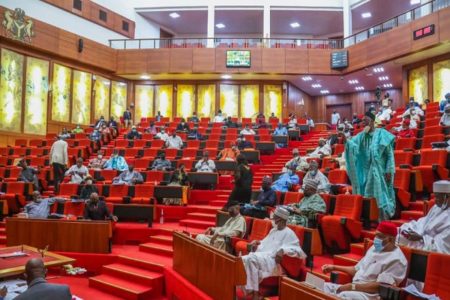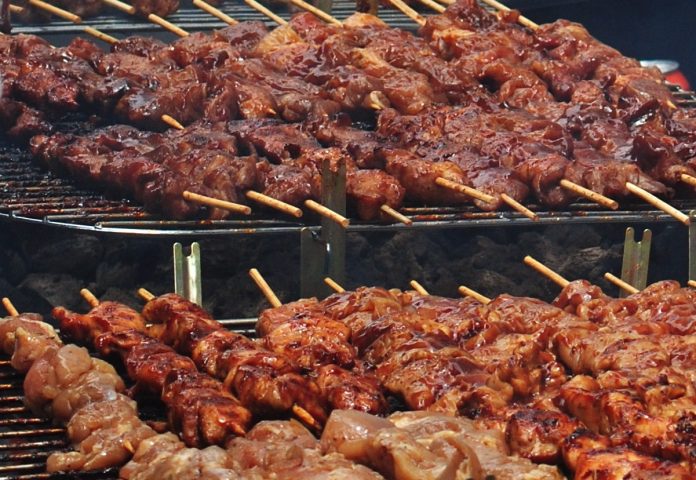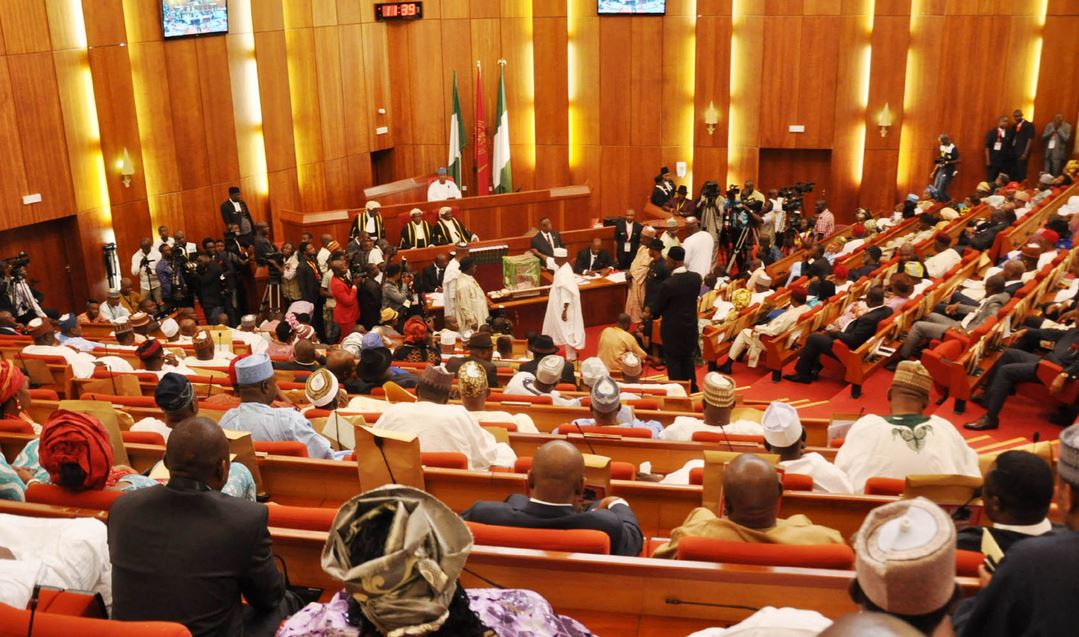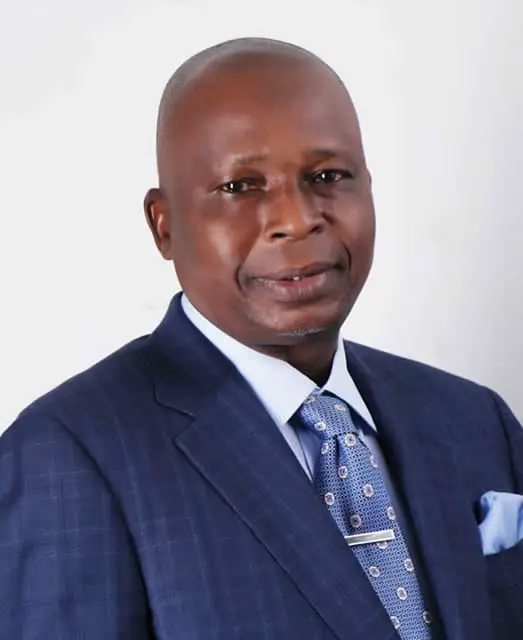Niger currently owes Nigeria N4.22bn ($5.48m: $/N769.27 exchange rate) for power supply; the Nigerian Electricity Regulatory Commission’s just released first quarter report has stated.
According to the report, Niger’s state power firm, Nigerien Electricity Society, was yet to remit the $5.48m invoice issued for power supply by the Nigerian market operator.“None of the underlisted international customers made any payment against the cumulative $16.11m invoice issued to them in 2023/Q1; Paras-SBEE ($3.46m), Transcorp-SBEE ($3.85 million), Mainstream-NIGELEC ($5.48m) and Odukpani-CEET ($3.32 million).“Out of N842.38m invoice issued by MO to all the eight (8) bilateral customers in the NESI, only North-South/Star Pipe made a remittance of N15.38m against its invoice of N24.69m,” it stated.
The NERC mandated the Market Operator to invoke the provision of the market rules to curtail the payment indiscipline being exhibited by the various market participants.
It was earlier reported that the power supply from Nigeria to the Republic of Niger was stopped on August 2.
Last week, ECOWAS, led by President Bola Tinubu, decided on sanctions against the military personnel in Niger, who toppled President-elect Mohamed Bazoum in a coup d’état.
NIGELEC is under contract with a power firm in Nigeria, Mainstream Energy, for the supply of electricity.
Nigeria also exports electricity to the Republics of Benin and Niger based on various Transaction Service Agreements.
“Nigeria disconnected since Tuesday (last week) the high voltage line that carries electricity to Niger,” a report by AFP said, quoting industry sources through local production.
According to a report by NIGELEC, Niger’s sole electricity supplier, in 2022, 70 per cent of Niger’s share of electricity came from purchases from the Nigerian company – Mainstream.
Electricity supplied to Niger is produced in Kainji Dam located in Niger State.
However, to free itself from its energy dependence on Nigeria, Niger is working to complete its first dam by 2025.
A separate report by the BBC also said major cities in Niger are facing rolling blackouts following last week’s coup.
Residents of Niamey, Maradi and Zinder had power for about an hour at a time before it was switched off for up to five hours. Power cuts like these are unusual in Niger, which normally has regular and reliable supplies.
The President of Nigeria Consumer Protection Network and Coordinator, of Power Sector Perspectives, Kunle Olubiyo, confirmed that ECOWAS would isolate Niger Republic from the electricity supply.
“About 60 per cent of power supply to Niger comes from Nigeria. Just like organised labour usually shuts down the national power grid as part of negotiations when all appeals might have failed to achieve results, Mr President (Tinubu) is the leader of ECOWAS at the moment.
“Disconnection of power supply is seen as a low-hanging fruit,” he stated.










